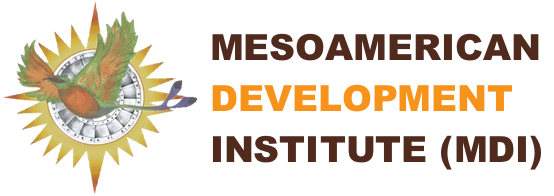Recent legislation from the European Union that would ban coffee imports from coffee farms that are found to have contributed to deforestation from 2020 forward is forcing the coffee industry to finally consider coffee’s impact on communities, forests, climate change, and watersheds.

For many years some of the world’s largest coffee companies have claimed to only purchase coffee sourced according to sustainable practices. This despite expanding coffee production being identified as the primary driver of the deforestation of high elevation forests. These forests provide a very important service in ensuring healthy watersheds and habitat for biodiversity. As coffee production replaces these forests, the headwaters for watersheds are cleared of trees. This results in diminishing water quality and resources for coffee growing communities and the cities and towns downstream. In the region of Honduras where the Mesoamerican Development Institute is Co-Managing two national parks threatened by expanding coffee production, more and more communities and municipalities are declaring water emergencies.

Following decades of low coffee prices paid to farmers, despite inflationary retail prices and record profits for the coffee industry, thousands of young people are leaving their families and communities to seek employment in the United States and Canada. The flight of young people from family coffee farms is another important indicator of the lack of sustainability in the coffee sector.

To break from the “business as usual” approach, proponents of the Yoro Biological Corridor Initiative in Honduras are working to change behavior and technology for coffee growing and processing. This new model places coffee farmers at the forefront of forest restoration and provides training and tools to monitor farms with a local workforce.

The Initiative is designed to restore forest throughout the mountainous headwaters where coffee is grown and scale up coffee processing using renewable energy technology, eliminating the use of tropical fuelwood to dry coffee with financial incentives from trading carbon emissions reductions and carbon removals.
Key to our approach is involving coffee farmers who have partnered in long-term research in developing Integrated Open Canopy™ farming, in which farmers restore and conserve forest habitat on their farms, and local youth measure, map, and monitor carbon sequestration on coffee farms.
Even as a large portion of youth are leaving the coffee regions, we also find that working to fight climate change: restoring forests and watersheds inspires young people in Honduras. Young people providing the skills, drive, and leadership to protect ecosystems while sustaining communities is the hope that inspires Dr. Jane Goodall, who is joining us in a collaborative effort that will, hopefully, when finalized be a part of Dr. Goodall’s legacy.


